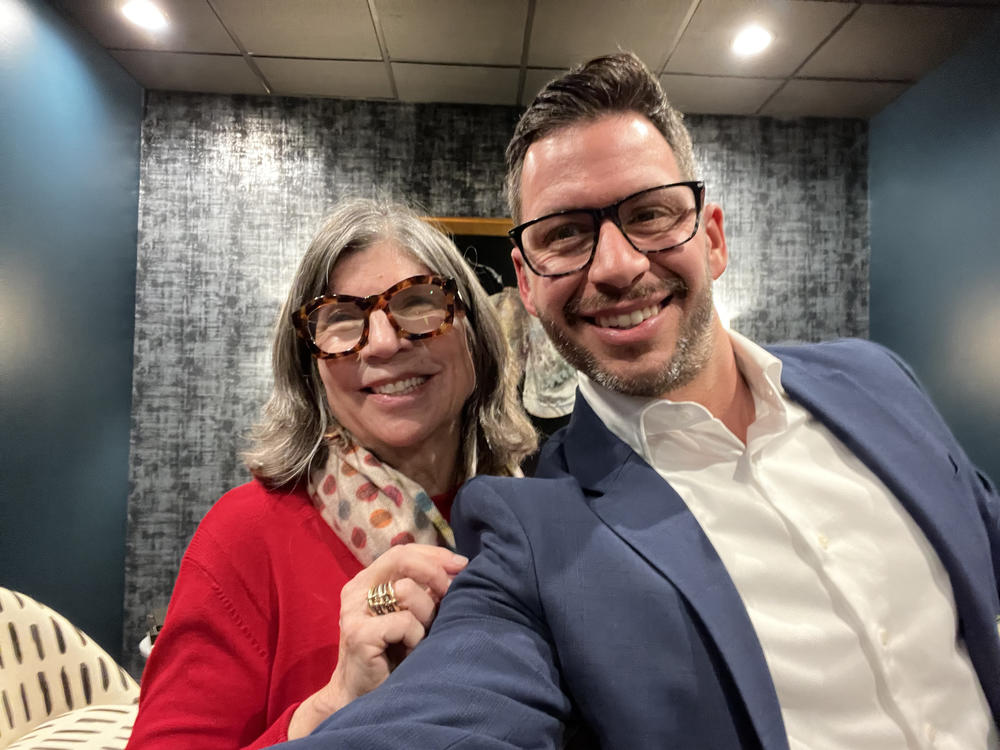
Section Branding
Header Content
After Annie: A Novel by Anna Quindlen
Primary Content
When Annie Brown dies suddenly, her husband, her children, and her closest friend are left to find a way forward without the woman who has been the lynchpin of all their lives. Recorded live at the Savannah Book Festival, this special bonus episode of Narrative Edge features Peter Biello's full conversation with author Anna Quindlen.

Pulitzer Prize-winning author Anna Quindlen discussed her latest novel, After Annie, at the Savannah Book Festival, offering insights into grief, family dynamics, and the enduring power of female friendship. In a conversation with Peter Biello, Quindlen explored the genesis of the story, which begins with the sudden death of Annie, a wife and mother, on the very first page. The narrative then follows the reverberations of this loss through the perspectives of her husband, Bill, her best friend, Anne Marie, and her 14-year-old daughter, Allie.

Quindlen explained that the initial image of Annie lying on the kitchen floor served as the catalyst for the novel. While she initially envisioned the story solely from Allie’s perspective, she realized the need for broader viewpoints to fully capture the complexity of Annie's character and her impact on those around her. The author emphasized that the novel isn't about the what but the how — how the characters navigate their lives in the aftermath of Annie's death.
A central theme of the discussion was the idea that Annie's absence amplifies her presence in the lives of her loved ones. Quindlen suggested that we often take those closest to us for granted, and it is only in their absence that their significance truly crystallizes. Drawing from her own experience of losing her mother at a young age, Quindlen spoke about the complex emotions associated with such a loss, including the struggle to distinguish between missing the person and missing the sense of security they provided.
The conversation also delved into the intricacies of the characters' relationships. Biello and Quindlen discussed Bill's journey as he grapples with single parenthood and the evolving dynamic between him and Anne Marie, who struggles with addiction. The bond between Annie and Anne Marie, two vastly different women united by a deep friendship, was also a focal point. Quindlen highlighted the importance of caregiving professions and the profound impact individuals in these roles have on others' lives.

Quindlen shared insights into her writing process, acknowledging the influence of her journalism background. She emphasized the importance of concise writing, the ability to write even when inspiration is lacking, and a keen ear for dialogue. She also described her practice of reading her drafts aloud to refine the narrative's flow and identify any inconsistencies. The author discussed her conscious decision not to anchor the novel in a specific time or place, allowing readers to connect with the story on a more personal and universal level. She noted how readers often bring their own interpretations to her work, enriching its meaning beyond her initial intentions. The discussion concluded with Quindlen reflecting on the power of storytelling to explore the complexities of human relationships and the enduring nature of love and loss.







